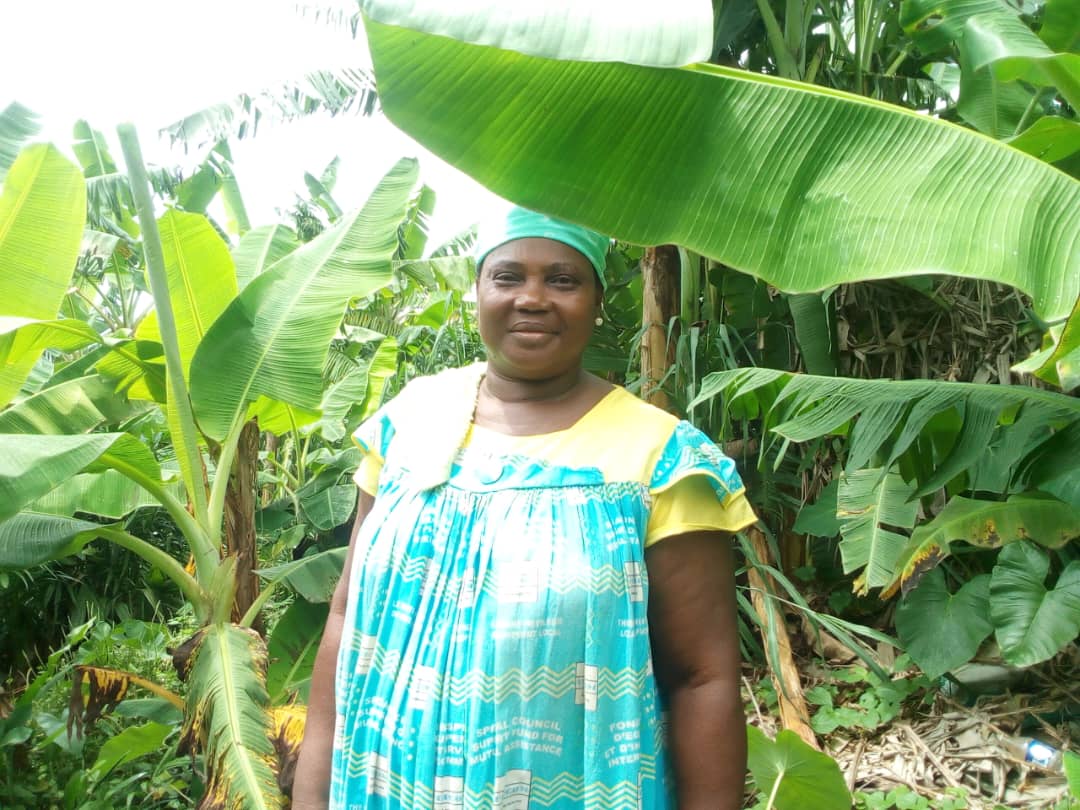Cameroon: Sustainable and climate resilient farming with better access to climate information
Story

Cameroon is facing the consequences of climate change such as floods, strong winds, high temperatures, heavy rains and landslides. The most affected people are unfortunately the most underserved, those who make their living working in agriculture, livestock, and fishing.
They do not have access to climatological information and services that can support them in planning these activities to make them more resilient to the impacts of climate change.
“The first victims are women farmers who produce 80% of the food that feeds the country,” said Ginette Sindeu, program officer in Cameroon.
Cuso International partner the National Observatory on Climate Change (ONACC) is working to change this through the project Reaching the Unreachable. Every 10 days, the organization produces a forecast and alert bulletin containing information (in French and in English), predicting the conditions in the five agro-ecological zones of Cameroon.
Poum Bimbar Paul Ghislain, a mathematician and computer scientist volunteering with Cuso International, developed the climate model that enabled ONACC to produce more detailed and precise information.
“It tells us what the weather is going to be like, but also enables us to adapt and, better still, to take steps to improve farming practices,” explained Helene, a farmer.
Since 2019, ONACC also produces an annual Agricultural Calendar that helps agricultural promoters, smallholder farmers, cultivators and rural actors to adjust their activities to future climate disturbances across Cameroon
Sixty radio stations have been trained in the dissemination of this information and they are raising public awareness on climate change.
Reaching the Unreachable strengthened access to climate information by small scale farmers, mainly rural women farmers to better plan their agricultural activities and create sustainable and climate resilient communities.